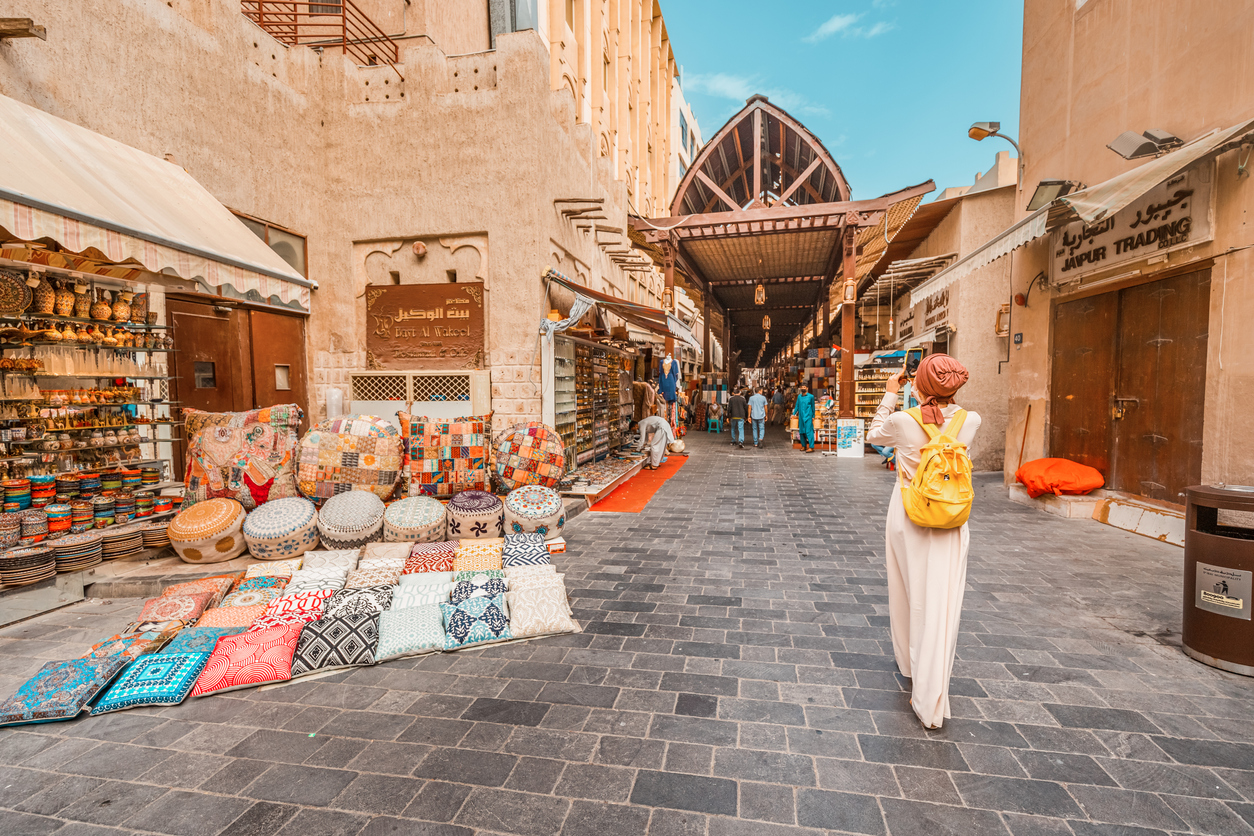What Can I Import From Dubai To Nigeria?
Importing Your Goods From Dubai to Nigeria: How To Get Started.
The Middle East continues to experience a boom in e-commerce and online shopping. As a result, the demand for goods from the Gulf region has increased dramatically. Now, Dubai is a major import hub for goods from around the world. This has resulted in increased traffic by foreign traders coming into Dubai for importing their goods into Nigeria or other African nations.
Here are some ways to get started with importing your goods from Dubai to Nigeria:.
Know the Import and Export Restrictions
There are restrictions on what goods can be imported and exported from Dubai. As such, it is important to know the import and export restrictions before you start trading in Dubai. You should also be aware of any discrepancies between Nigeria’s import/export regulations and those in Dubai. For example, if you want to export electrical appliances, you will need a certificate that conforms with UAE standards.
Some of the most important points to consider when exporting your goods from Dubai:
* Get a trade license and tariff card.
* Make sure your goods are not prohibited for export under UAE law.
* Ensure that the goods you intend to export meet UAE safety requirements or specifications.
* Check that all documentation is up-to-date, including the packing list, commercial invoice, etc..
Register Yourself as an Overseas Trader
The first step in importing your goods is to register with the Nigerian Customs Service. This will allow you to apply for a Customs clearance certificate, which is required for all imported goods. Follow the steps below to register with the NCS:
1. Create an account on the NCS portal (https://portal.customs.gov.ng/)
2. Apply for registration as an overseas trader by filling out the online form at https://portal.customs.gov.ng/online/trader-registration
3. Receive confirmation emails of your application status
4. Visit your nearest customs offices and provide them with your username and password to activate your account
Find a Good Shipping Company
The first step is to find a good shipping company. The more import experience you have, the better. If you are just starting out, you might want to hire someone who has more experience in importing goods from Dubai to Nigeria. This will save you money on research and potentially help you avoid costly mistakes. It can be difficult finding a reliable shipping company that does not overcharge for their services.
Find a good shipping company that offers customized quotes and is reputable in the industry. This process will also give you an idea of what your total cost may be, which is another way to know whether or not it is worth it to import your goods from Dubai to Nigeria.
The Costs of Shipping Goods From Dubai to Nigeria
The costs of shipping goods from Dubai to Nigeria are dependent on the distance, weight, volume of your consignment, and method used to ship the goods.
For example, if you are importing small-sized goods which weigh less than 50 kilograms and will be shipped by air cargo, the cost will be around $1,000 per container. However, if you are importing bulky goods weighing more than 2,500 kilograms then it will cost around $4,000 per container.
Register with Customs and Clearance Agents
The first step is to register with customs and clearance agents. This ensures that your shipment can clear through customs without any delays. When importing goods from Dubai to Nigeria, you’ll need the proper documentation before the shipment departs Dubai. These agents will do everything from providing an exit permit to helping you get your goods into Nigeria or another African country, based on what you need them for.
Once you register with customs and clearance agencies, they will assign a clearance agent to act as your liaison between your business and the customs agency at the point of departure in Dubai. The agent will help advise on how best to prepare your shipment so it can clear successfully, taking into account certain factors like product category, volume, weight of consignment, destination country and applicable export restrictions.
Taxes and Duties on Imported Goods
Importing goods into Nigeria is subject to taxes levied by the government. The Nigerian Customs Service levies a 30% duty on imported goods. Additionally, VAT is also charged on the importation of goods.
Nigerian customs has agents who monitor goods coming into Nigeria and ensure that all goods are taxed according to Nigerian law. They are given instructions by various ministries within the government to monitor certain kinds of imports for various reasons.
If you are importing your own products, you must provide a certificate of origin for each product stating where it was manufactured or produced. When importing capital items, there is also an additional tax of 15%. As well as being subject to customs duties, imported goods into Nigeria are subject to sales tax which ranges from 5-12%. If your imports come through Dubai, then they will be subject to import duty in addition to any VAT taken in Dubai.
Avoiding Potential Pitfalls.
It is important to find an export partner that has the required skills, resources and experience on both sides of the border. Remember that there are many pitfalls with importing your goods from Dubai to Nigeria. There are risks of getting your goods completely stopped at customs or even private security firms collecting unofficial taxes. This is especially true if you are new to the Nigerian market and don’t know how things work here.








LEAVE A COMMENT
You must be logged in to post a comment.